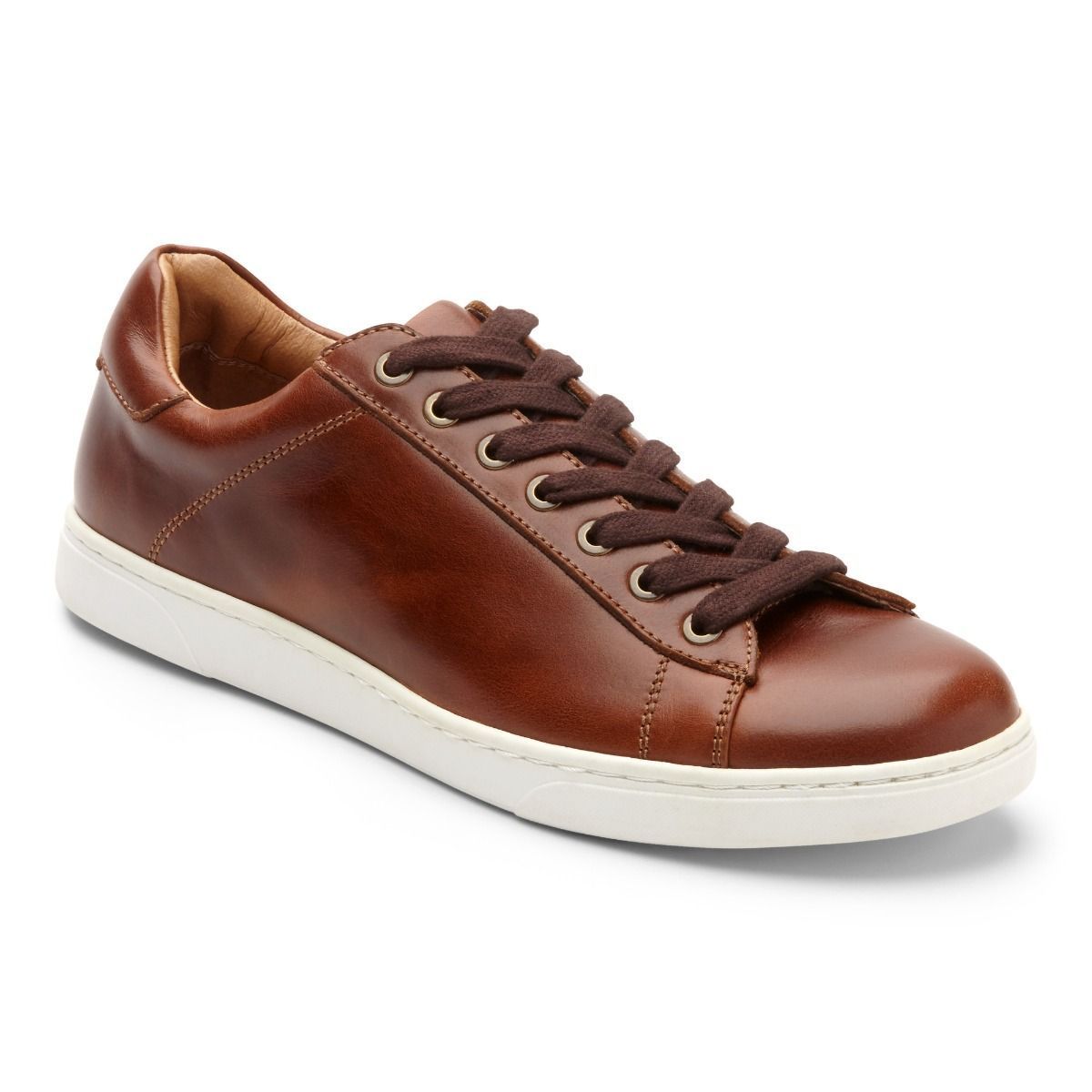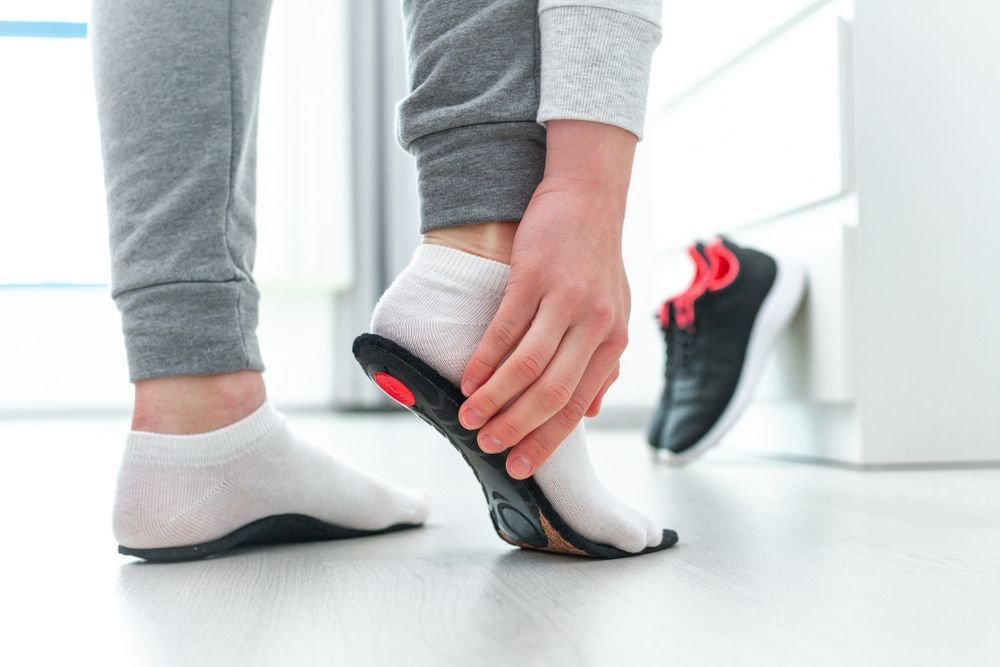Orthotic Footwear in Darwin
Personalised Services
Small & Private Clinic
Central Location
Weekly Satellite Clinic
Choosing the Right Footwear
Footwear forms the foundation of our daily routines, providing crucial support as we move. At Swan Podiatry and Orthotics, we understand that selecting shoes that fit well and offer the right level of support can significantly impact both your comfort and overall foot health.
When evaluating footwear, look for key features like a sturdy heel counter, which provides stability and helps to control motion. Flexibility in the sole, particularly at the ball of the foot, is also important, as it allows for natural foot movement and a healthier gait.
Ensuring a proper fit is vital—there should be a thumbnail width of space between your longest toe and the end of the shoe, allowing room for your foot to move and expand.
Additionally, the ability to wiggle your toes freely within the shoe promotes proper circulation, reducing the risk of discomfort or injury caused by compression. Adjustable fastenings, such as laces, straps or buckles, can accommodate your foot's unique shape and aid a secure fit.
Wearing well-fitted shoes can make a noticeable difference in your posture and comfort, supporting healthy foot function. Contact us on 0428 976 360 to schedule your orthotic footwear consultation in Darwin or Katherine today.
Considerations for the NT Lifestyle
In the Northern Territory, the warm climate and active lifestyle present unique challenges when it comes to choosing appropriate footwear. Many individuals turn to thongs (flip-flops) or choose to go barefoot, especially in the heat. While these choices may offer temporary relief from the heat, they often lack the necessary support and can lead to fatigue and discomfort over time.
Wearing unsupportive footwear can aggravate common foot problems, such as arch pain, heel pain and other conditions related to poor foot alignment. To address these concerns, it’s recommended to have your feet assessed by a footwear specialist, who can guide you toward shoes that offer the right balance of comfort and support for your specific needs.
Breathable, lightweight shoes are ideal for warmer climates and can provide the structure needed to prevent foot fatigue. Many people mistakenly believe that runners can last for a full year, but in reality, they should be replaced after 500-800 kilometres. Wearing worn-out shoes can negatively impact foot health, especially if you wear orthotics, as worn footwear can reduce their effectiveness.
Reach out today to find out more about foot-friendly shoes, or book in an appointment to address any of your foot-related concerns.









